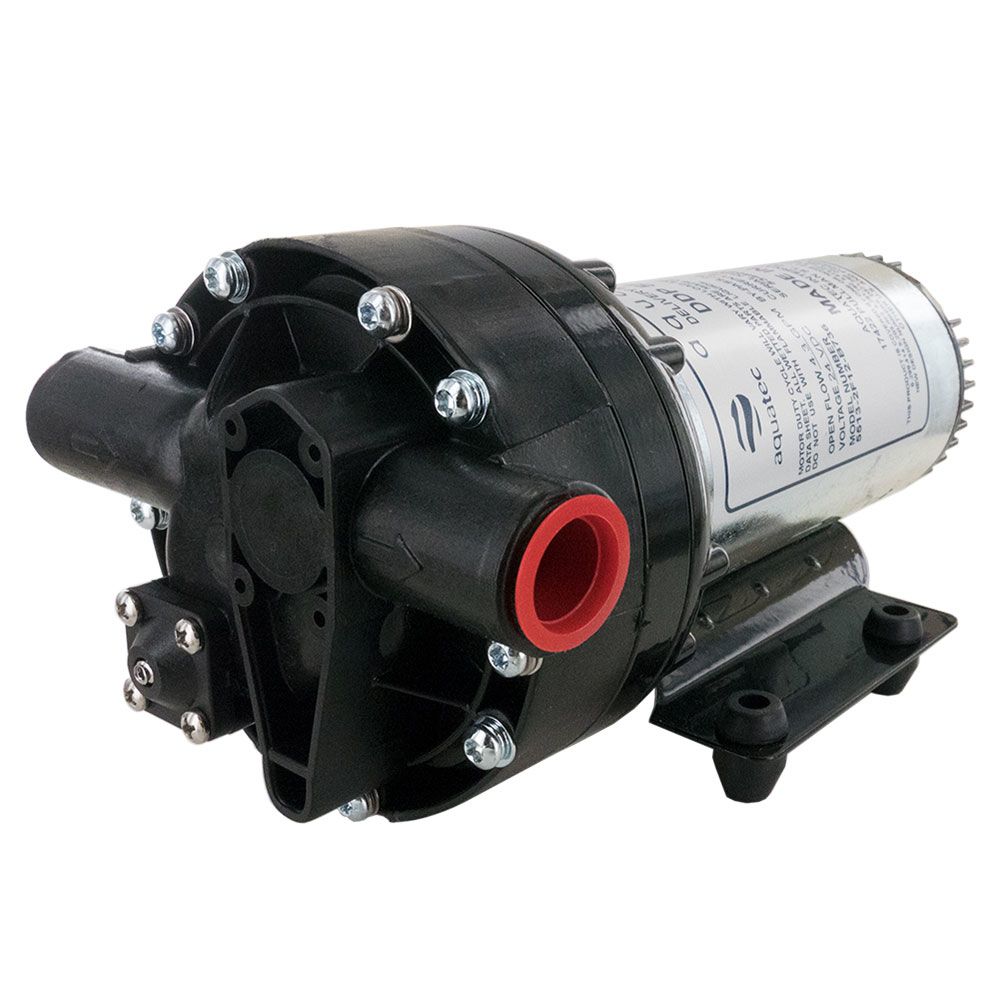SupraSPL
Solar Enthusiast
- Joined
- Aug 28, 2022
- Messages
- 222
The brushed DC diaphragm pumps do get damned got after 15 minutes but they do work very efficiently compared to a 230V jet pump.
The 120V AC diaphragm pump makes sense in terms of not getting hot and doing the job with less starting current than the big pump and only taking a little longer to do the job.
If Ryobi/TTi can make nice $50 brushless drills, you'd think there would be tons of cheap 12V 18V 24V brushless diaphragm pumps on the market. Hopefully that will be coming soon. A 24V 12.5A (300W) brushless diaphragm pump would probably do the same job as a 120V 10A (1200VA) jet pump and without the massive startup current and without getting hot.
The 120V AC diaphragm pump makes sense in terms of not getting hot and doing the job with less starting current than the big pump and only taking a little longer to do the job.
If Ryobi/TTi can make nice $50 brushless drills, you'd think there would be tons of cheap 12V 18V 24V brushless diaphragm pumps on the market. Hopefully that will be coming soon. A 24V 12.5A (300W) brushless diaphragm pump would probably do the same job as a 120V 10A (1200VA) jet pump and without the massive startup current and without getting hot.



